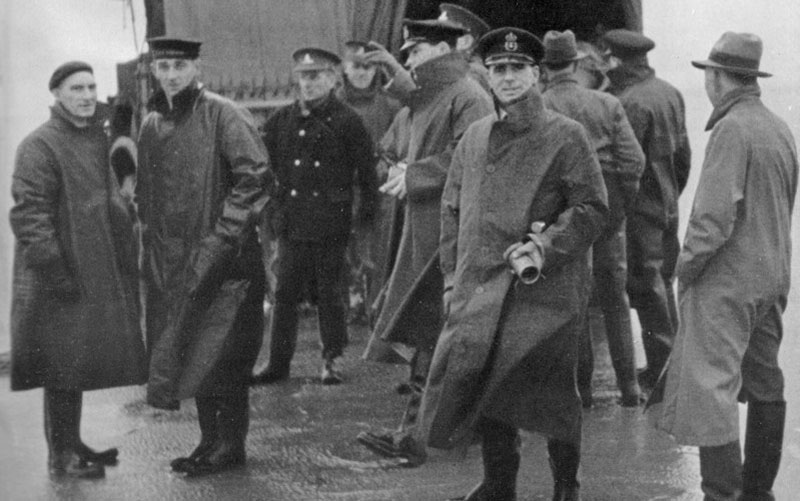Did Churchill ever ask British Christian Scientists to pray?

We have received inquiries about whether Prime Minister Winston Churchill ever enlisted the specific prayers of a group of Christian Scientists during World War II.
There is no evidence that Churchill made such a request. However, Peter J. Henniker-Heaton, an English Christian Scientist, later gave an account that may be the source of this story.
In November 1939, an unnamed “staff officer” in the Royal Navy asked three or four Christian Scientists, including Henniker-Heaton and his wife, Rose, to pray in response to a specific threat.1 At that time the German air force was dropping magnetic mines in the Thames Estuary. Although the harbors had been swept for mines, in September and October “nearly a dozen merchant ships were sunk.”2In his talk, “Our Times and Their Future,” given at the 1971 Biennal College Organization Meeting at The Mother Church, Henniker-Heaton said:
I think of a November day [in 1939] early in World War II. The Naziz’ [sic] first secret weapon was a magnetic mine. Month by month this mine built up a blockade of Britain’s eastern and southeastern ports. Six ships sank in the Thames in a single night.
Next morning the Admiralty staff officer responsible for dealing with this peril phoned three or four Christian Scientists and urgently asked them to “do their stuff.” Each Christian Scientist prayed in his own way and no doubt others were praying, too. In our home we stayed with Mrs. Eddy’s true symbolization of magnetism: “There is but one real attraction, that of Spirit. The pointing of the needle to the pole symbolizes this all-embracing power or attraction of God, the divine Mind.” This left no place for destructive attraction.
Sir Winston Churchill completes the story in his book The Gathering Storm. On Nov. 22, the day I’m talking about, “between 9 and 10:00 pm”—to use Churchill’s words, “fortune favored us” with a “golden opportunity.”
A magnetic mine was dropped on a mudbank, which cushioned it, leaving it exposed and unexploded. It was examined and a counter quickly devised. After that the magnetic mine was no more than a minor nuisance.3
In November 1939, Churchill was First Lord of the Admiralty of the Royal Navy and outranked the anonymous “staff officer” that Henniker-Heaton mentioned. We have been unable to determine the identity of that officer.
This article is also available on our French, German, Portuguese, and Spanish websites.

